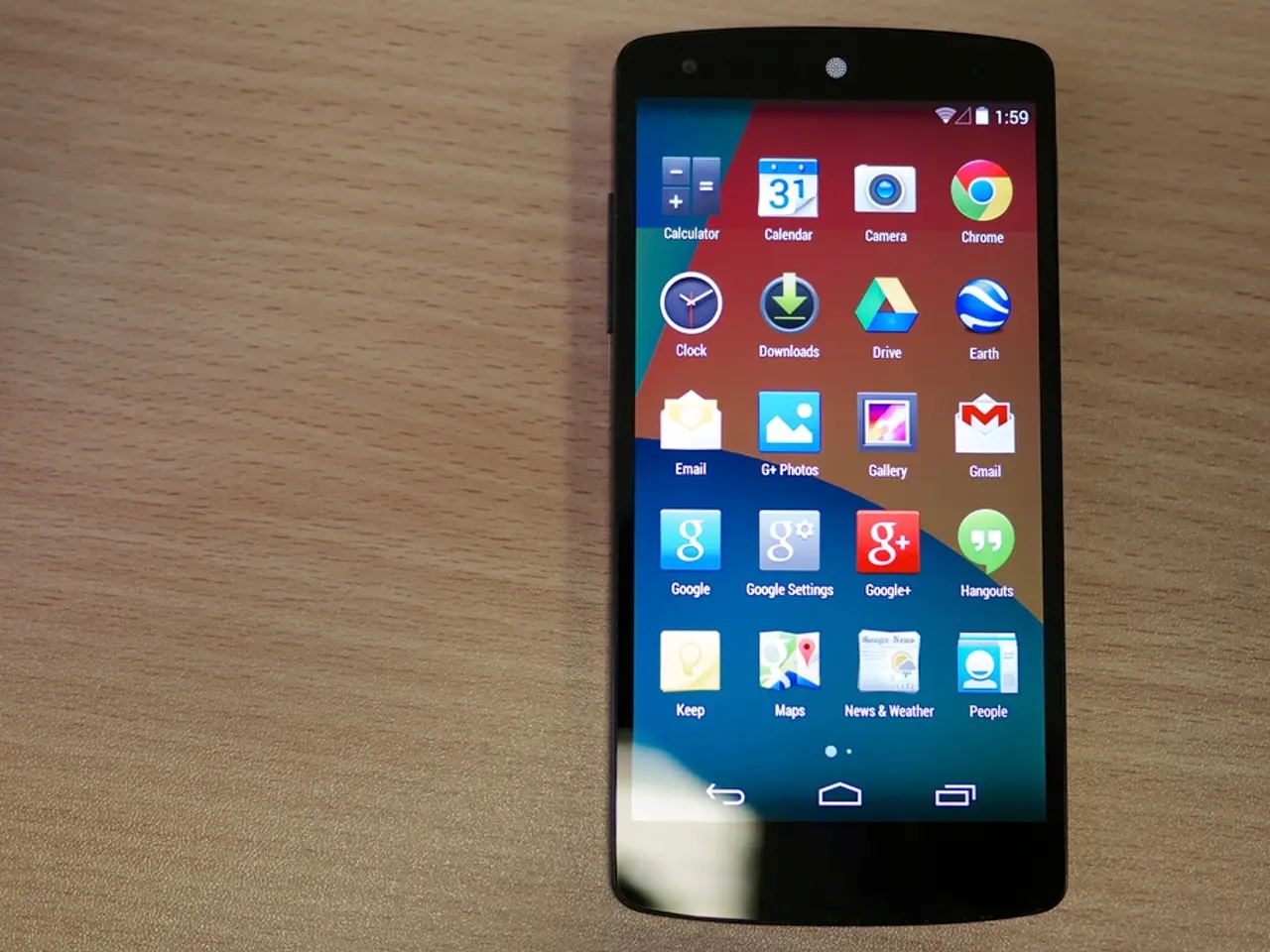Unveiling ATOM Mobility's OpenAPI: Streamlining Mobile Services for Operators with Effortless Integrations
In the rapidly evolving world of transportation, ATOM Mobility's OpenAPI is making waves as a game-changer. This innovative tool is a key component of ATOM Mobility's offerings in transport and mobility software, and Mobility as a Service (MaaS).
Traditionally, apps like Moovit, used by over 1.7 billion riders in 3,500+ cities, have relied on GBFS to display vehicles and redirect users to provider apps for bookings. With the introduction of OpenAPI, however, the entire booking process could happen within Moovit itself. This streamlined approach is set to enhance user experience significantly.
The first version of the OpenAPI supports all core modules - Vehicle sharing, Digital rental, and Ride-Hailing - with both public and private endpoints for various functions, including user registration, vehicle discovery, pricing, and ride management. This makes it an invaluable tool for mobility businesses, enabling features such as displaying fleet availability, enabling ride or rental bookings, automating back-office workflows, and enhancing customer service tools.
OpenAPIs have become essential for mobility businesses, helping them to scale faster and smarter, particularly when exploring new channels, seeking B2B integrations, or joining a MaaS platform. Real-time and historical ride, user, and revenue data can be pulled into tools like Power BI, Tableau, or custom CRMs, providing valuable insights for business analysis and decision-making.
ATOM Mobility's OpenAPI offers full read-write access to the core functions of a platform, allowing third-party apps to handle booking, payments, and ride management entirely within their own interface. This opens up exciting possibilities for integration, such as within hotels, offices, or real estate platforms.
Examples of such use cases include deep MaaS platform integrations, such as with umob, Moovit, and Jelbi. umob, a Dutch mobility booking app, recently raised €3.5M to expand its "all-in-one" MaaS experience across Europe. Jelbi, Germany's flagship MaaS platform, integrates 12+ operators, including car-sharing, scooters, and public transport, offering visibility and usage on one of Europe's most advanced multimodal networks.
It's important to note that information about OpenAPI-Version 1 from ATOM Mobility is not extensive, so its impact on other mobility companies cannot be definitively determined at this time.
The ATOM OpenAPI is available to all ATOM clients on the Premium Plan, which includes access to full OpenAPI documentation and developer tools, 100,000 API requests per month, and technical assistance from the ATOM team for setup and testing.
In conclusion, ATOM Mobility's OpenAPI is set to redefine the mobility-as-a-service industry, offering a seamless, integrated, and efficient user experience. Its potential for scalability and integration across various platforms makes it an exciting development in the world of transportation.
Read also:
- Understanding Hemorrhagic Gastroenteritis: Key Facts
- Trump's Policies: Tariffs, AI, Surveillance, and Possible Martial Law
- Expanded Community Health Involvement by CK Birla Hospitals, Jaipur, Maintained Through Consistent Outreach Programs Across Rajasthan
- Abdominal Fat Accumulation: Causes and Strategies for Reduction







